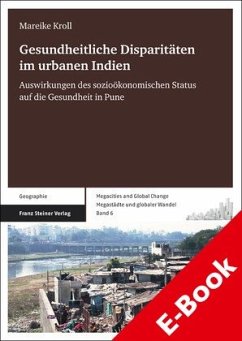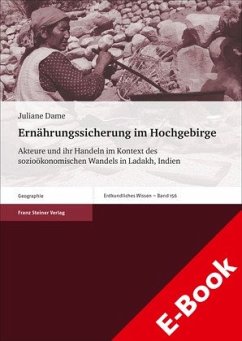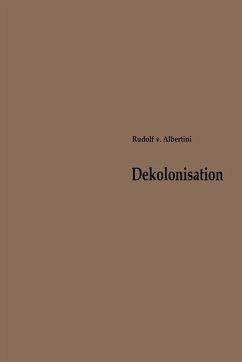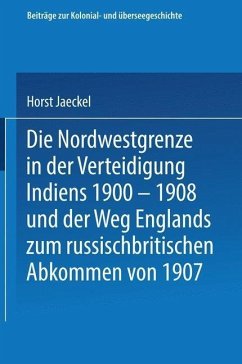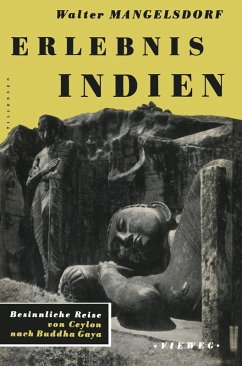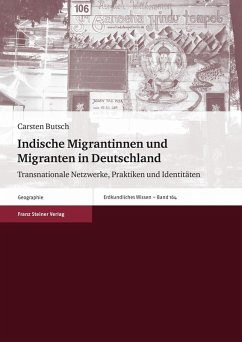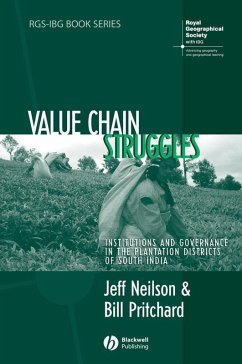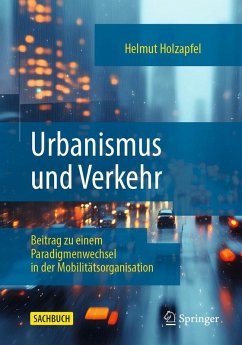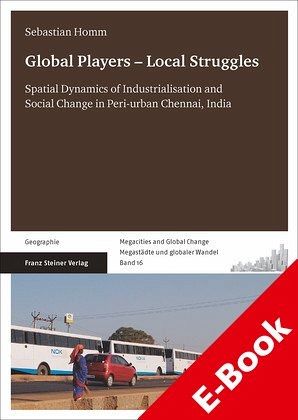
Global Players, Local Struggles (eBook, PDF)
Spatial Dynamics of Industrialisation and Social Change in peri-urban Chennai, India

PAYBACK Punkte
0 °P sammeln!
Empirical research on the societal and spatial impacts of global change has concentrated either on rural or urban contexts, especially on megacities. The peri-urban spaces in between are largely left unnoticed, although experiencing the most profound and dynamic transformations. This book presents the first comprehensive study on spatial dynamics of industrial development and social change in this context, taking peri-urban Chennai, the thriving industrial hub in southern India, as an example. The book combines quantitative and qualitative findings to analyse the implications of rapid industri...
Empirical research on the societal and spatial impacts of global change has concentrated either on rural or urban contexts, especially on megacities. The peri-urban spaces in between are largely left unnoticed, although experiencing the most profound and dynamic transformations. This book presents the first comprehensive study on spatial dynamics of industrial development and social change in this context, taking peri-urban Chennai, the thriving industrial hub in southern India, as an example. The book combines quantitative and qualitative findings to analyse the implications of rapid industrialisation: a dynamic land market, changing labour conditions, strained governance structures and the demise of an agrarian social order. In order to systematically approach this transformation an innovative conceptual framework is developed from Lefebvre's theory of the production of space. Following the notion of inclusive development the book explores the contested spatial dynamics of development, contrasting strategies of global players with the local struggles of the vulnerable striving for livelihood security in the peri-urban spaces of today.
Dieser Download kann aus rechtlichen Gründen nur mit Rechnungsadresse in A, B, BG, CY, CZ, D, DK, EW, E, FIN, F, GR, HR, H, IRL, I, LT, L, LR, M, NL, PL, P, R, S, SLO, SK ausgeliefert werden.




